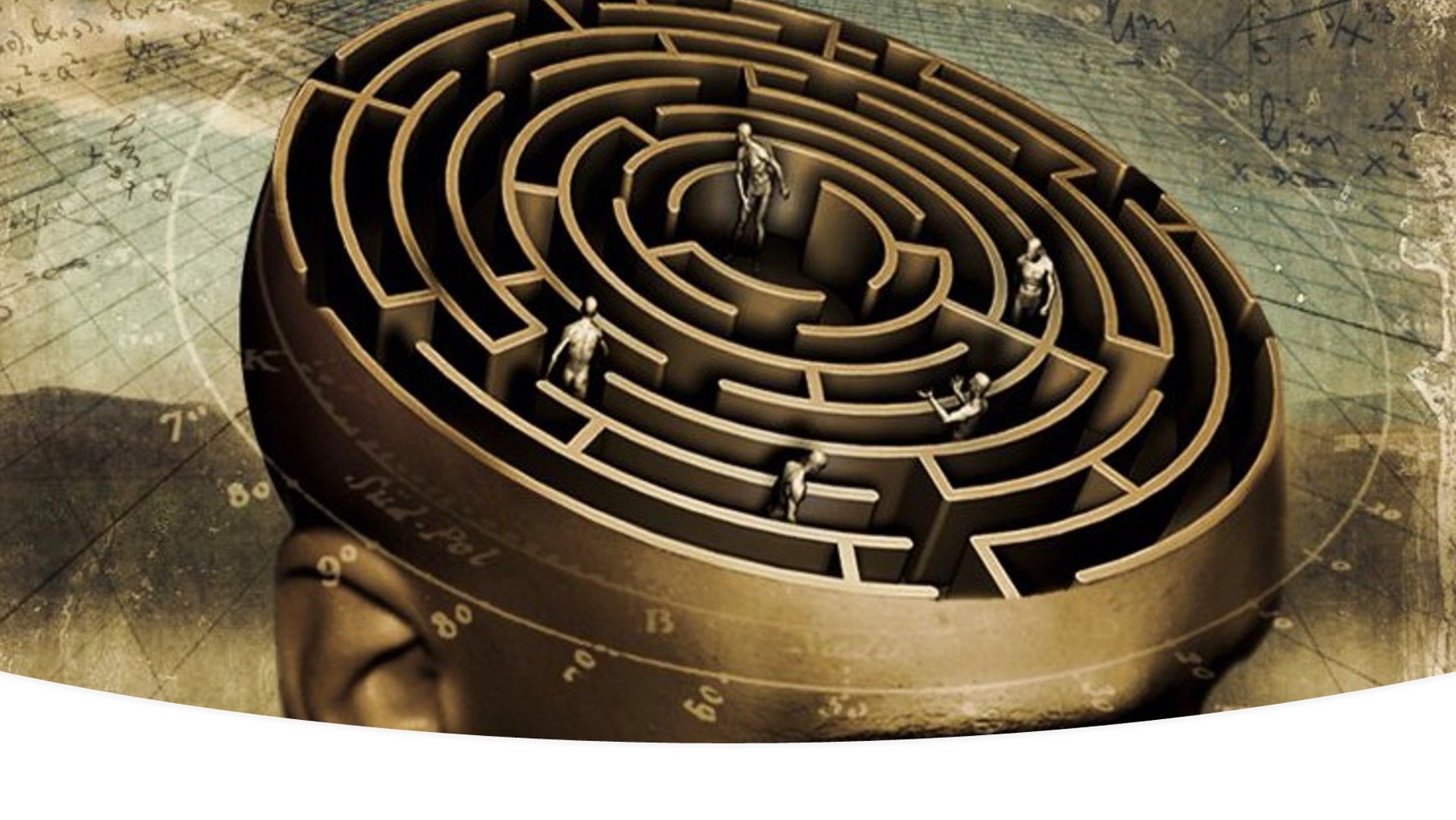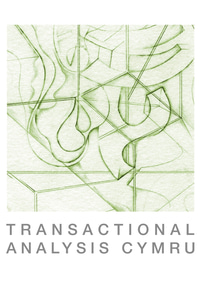
What is Transactional Analysis?
Transactional Analysis investigates how we communicate with others. Understanding this leads to better communication and more functioning relationships.
There are four different fields in TA - Psychotherapy, Organisation, Education and Counselling.
At TAC we focus on the psychotherapy path.
What is TA Psychotherapy?
TA psychotherapy explores how our communication and self-story is based on our relationship within ourselves and with our past.
In 2001 Bromberg said, "..we do not treat patients… to cure them of something in the past; rather we are trying to cure them of what they still do to themselves and to others in order to cope with what was done to them in the past." (p. 237)
We are curious about the complex thoughts that drive humans to behave and relate in certain ways. Often the inappropriate ways of communicating and behaving are as a result maladaptive and archaic decisions made by us when we were children. They were good survival strategies at the time for maintaining attachment with parent figures, but they are now outdated and generally unhelpful.
Out of awareness we continue to replay these patterns of attachment, communication and behaviour in our current lives. If the parent figure was particularly abusive the unconscious decision that the child made will have had to be quite extreme, for example, ‘No one is safe, therefor I will never be vulnerable or trust anyone ever!’ ‘The only safe option is to get them before they get me!’ The problem with these beliefs is that they become rigid and stuck blocks to natural and healthy growth. Sometimes the individual feels so bruised and damaged, that they have been unable to create a cohesive narrative about themselves.
How does TA work in practice?
In TA we invite autonomy in our clients. We define autonomy as awareness, intimacy and spontaneity. We do this through challenging these maladaptive decisions in different ways. We listen to our client’s stories to let them know that they are important. Through uncovering the unconscious meanings that have been made, we are able to re-write these stories together.
We invite healthy contact through therapeutic relationship - and at times work with the transferences that occur in the therapeutic relationship to stimulate change for our clients.
We challenge Discounts and offer new Frames of Reference that expand our client’s horizons. We empower our clients to think for themselves.
We make contact with the wounded Child held within our clients through dream work, two chair work, play, art, movement, symbols and through re-connection with the environment.
We challenge the abusive internal voices that distort reality and support our clients to Re-Parent themselves (behave in a more self-nurturing way).
We encourage integration of new ways of thinking, feeling to create a more cohesive sense of self.
Some TA Theories
Central to TA is this concept of the Ego States.
Eric Berne developed this concept to explain the complex ‘voices’ that we all hear and act out.
The Parent Ego State represents the lineage of beliefs that we inherit both through our families and culture.
The Child Ego State represents how we personally have reacted to these beliefs. We see traumatic experiences, un-met needs as well has how people have adapted to events in their lives as represented in this ego state.
The Adult Ego State represents how we respond to the here and now. We also see this Ego State as being flexible, growthful and full of energy.





